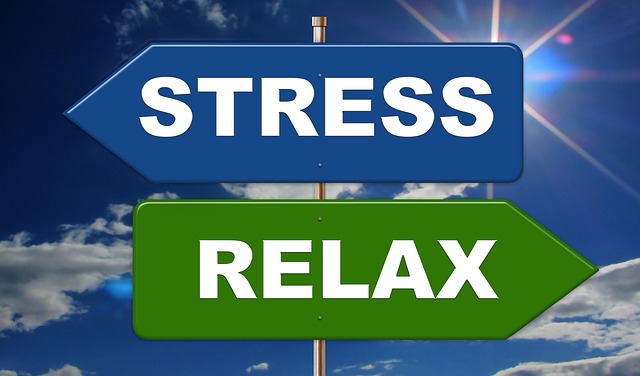The word stress comes from the English language and means tension, strain, pressure, or burden. It refers to the functional state of an organism subjected to abnormal influences. Stress triggers psychological and physical defense responses aimed at preventing damage or death of the organism.
Psychological reactions include adaptation, anxiety, and depression. Certain levels of stress have a positive impact on people, making them perform better and motivate them to learn better. When imaginary limits are exceeded, anxiety and depression result.
Physicalresponses involve brain activity that allows for short-term activation of fight-or-flight readiness. Increased neural and hormonal control affects the activity of most organs in the body. Thus, an increase in blood supply to the muscles is observed, as is, conversely, the ejection and restriction of blood in the gastrointestinal tract, and an increase in cardiac activity and blood pressure. The body\’s energy reserves, initially glucose and later fat reserves, are released.
When you have so much paperwork that you run out of room for coffee on your desk and can\’t meet deadlines, it\’s time to think of and implement some countermeasures. You may also have felt the above reactions in your body before; three simple rules may help.
Do unpleasant and time-consuming tasks first thing in the morning. By doing so, what has been a burden for so long will come with a sense of relief and a desire to continue working after it is done.
Work forwardPainting a negative scenario of “it can\’t be done anyway” or “it will take too long” has never served anyone well. [25] Sure, it\’s good to work “on your own” so to speak, but it\’s important [26] not to take things too personally. [27] Most of the time, you are just one cog in a complex wheel, and you cannot accomplish things on your own. And the cogs keep turning without you or your unnecessary worry and stress. But of course, fulfilling your duties remains a matter of course.